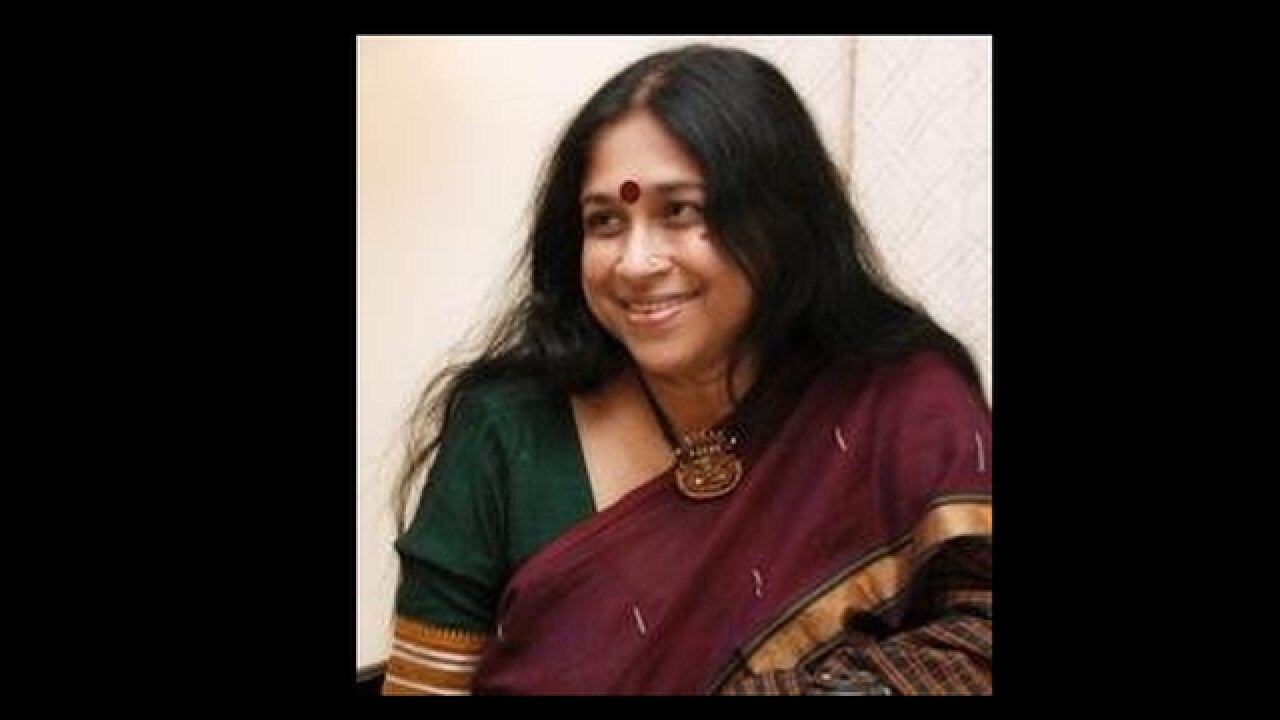
“Belonging to the privileged class, how can you appropriate the voice of a tribal? Who gives you the right to speak for a tribal woman? What research did you do into tribal cultures, how long did you stay in a tribal village?” The questions came fast and furious from students at the National School of Drama when they saw Night’s End, a play written/directed by me.
Caste and outcaste, tribe and transgender, have always been risky subjects for Indian writers. A dalit writer threw a shoe at Vijay Tendulkar, objecting to his representation of a dalit character in Kanyadaan, who brutally abuses his Brahmin wife. Translating Kanyadaan into English was a challenge for me, both linguistically and ideationally. It is a play of conflict and controversy, and, as the playwright said, “an admission of defeat, of unresolved intellectual confusions.”
Translating Kanyadaan was also to see liberal reform exposed as sham. I went back to look at two reformist Tamil short stories of the pre-independence era. Dikkatra Parvati (Helpless Parvati) by Rajaji, retells the familiar tale of a poor wife abused by her drunkard husband, a good man unable to resist the temptation of stopping at the toddy shop on the way home. In Kalki’s Vishamantiram (Poison Cure), the newly appointed postal inspector arrives in the village to find the postmaster engaged in curing a cobra-bitten man with special mantra chants. The victim recovers “miraculously”. The Brahmin postmaster then boasts to the inspector that his poison cure mantra never fails — except in the presence of an “impure untouchable.” The inspector responds, “I am a dalit.”
The sincerity of the reformist impulse in both Rajaji and Kalki is unquestionable. But Rajaji remains a pitying onlooker. With Kalki the denouement grabs more attention than the issue. The seething feelings in the inspector’s bland statement “I am a dalit” remain untouched. A vast gulf between empathy and experience?
So how did I answer the NSD students? “If only Danes can write about Denmark, and Romans about Rome, we won’t have Hamlet or Julius Caesar. After all, writing flows from the imagination, not reality.”
This passed muster then. But don’t imagine that I am so insensitive as not to understand how it is one thing to create a Cinderella, and a wholly different ballgame to shape a tribal woman. Especially if the writer belongs to the privileged class. You have to grapple with socio-political realities looming before you, in elusive, ever-changing, menacing, even obscure forms.
It is a relief to read a Tamil novel like Before and Behind Truth, where protagonist Neela (a dalit IAS officer like the author Sivakami herself) lances through bureaucratic hypocrisies and corruption at every level. Many dalit women recount chilling atrocities perpetrated on them in a special court hearing, in the presence of their tormentors who remain unaffected and go scot-free. Transgenders and tribals don’t even know how to claim their rights.
The writer’s integrity makes her also record doubts, jealousies, deceit, mistrust and one-upmanship riddling those who work for the underprivileged.
I hope this Tamil novel will soon be translated into English. We need writers like Sivakami, who do not allow justifiable rage to cloud their vision in recording centuries of torment. They help me comprehend, the first step towards bonding with the less privileged, not as benefactor, but as a fellow human being.
But what is the alternative for writers like me? To write only about what an entitled few can comprehend? Tell me, how can a writer attempt coalition or solidarity with oppressed or silenced minorities without diluting or expropriating their pain?
The author is a playwright, theatre director, musician and journalist